Thinking about fall and winter, I mainly think of temperatures close to 32 F , freezing rain, snow or wet leaves on the streets. For many people, this is an insurmountable aura to go out on a bike. I will not hide that I am also not passionate about wading through snowdrifts or driving in freezing rain.
Proper Winter Cycling Clothes Are What You Need to Stay Active
But fall and winter can also be beautiful. There are many such days when the weather improves – the sun comes out beautiful and it’s a pity to stay at home. Then it’s worth going out on a bike for a while. Remember, everyone has a different sensitivity to temperature and some people will need a warm sweatshirt, others will need more layers of clothing to go out.
Winter Cycling Clothes – It’s All About Layering
Put on several layers of clothes. It is better to wear several thin layers of clothes than one thick one.
The first example that comes to my mind – I went out on a bike in October, when the thermometer outside the window showed fifty degrees plus. But while cycling, the sun began to heat up more and after some time the temperature reached over sixty degrees.
If I was wearing a thick winter jacket and just a t-shirt underneath, I wouldn’t be able to take it off and I would be hot. And since I was wearing a light jacket, a thin sweatshirt and a thin T-shirt – I could hide one layer in my backpack and it was fine.
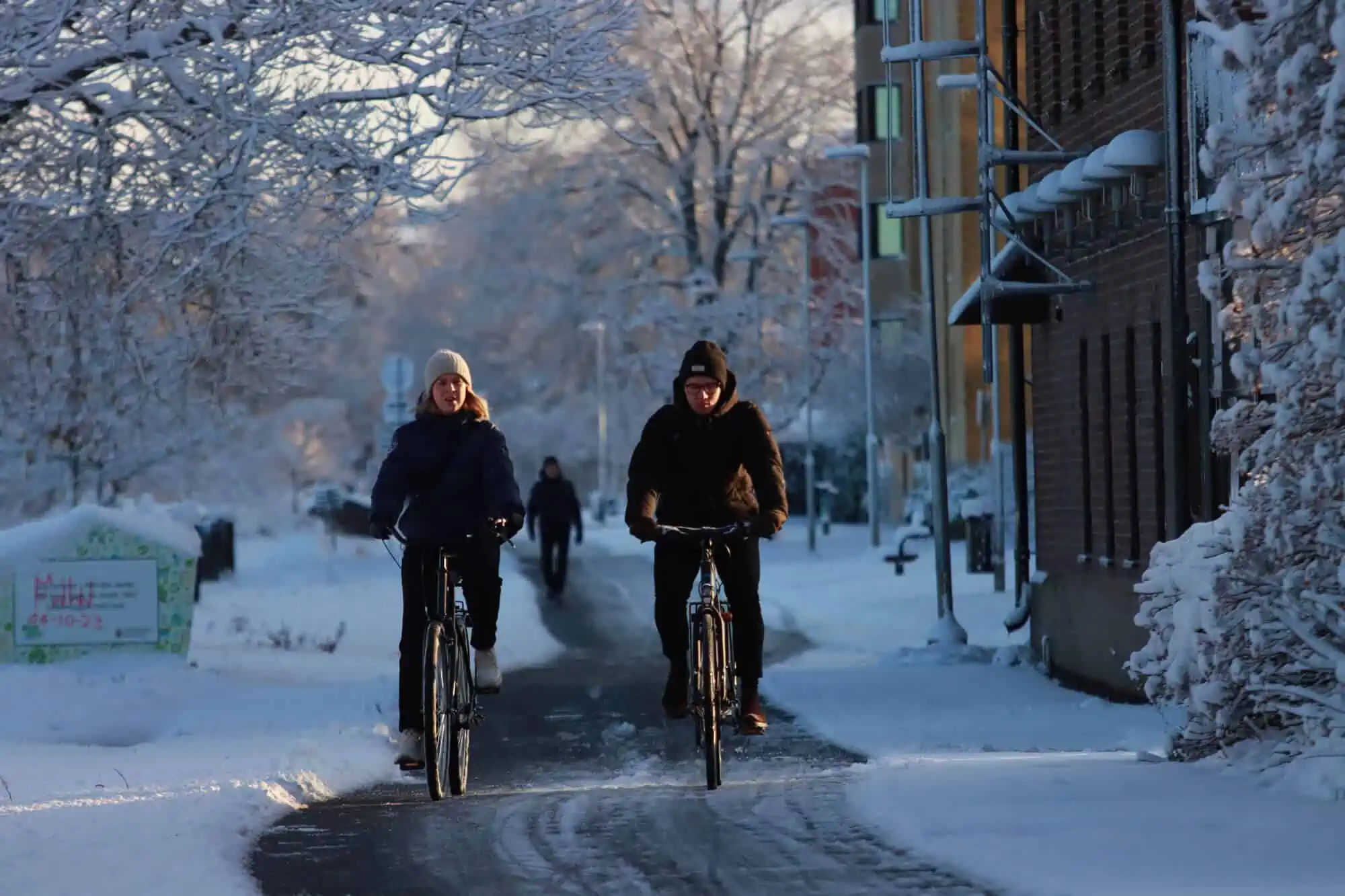
It is also worth remembering not to put on too many layers. During the ride, the muscles warm up and we do not need as much protection against the cold as you give a leisurely walk.
Winter Cycling Clothes – Plenty of Options Out There!
When the temperature drops, it’s a good idea to be prepared for any eventuality. Even if you leave the house and the temperature is in the plus, who knows what will happen later. In autumn and winter (even when it is not very cold) I take gloves with long fingers and a warm hat under the helmet.
P.S. – I’ve learned what it means to walk back a few or a dozen miles home with your hands unprotected from the cold. Since then, I am always prepared for evening temperature drops.
Winter Cycling Clothes to Keep Your Head Warm
The basis is a warm hat (under the helmet) or a balaclava. Necessarily made of a proper material, possibly merino wool. Stay away from cotton – it doesn’t wick away sweat, which can still be tolerated in summer, but in winter it can end badly, with you getting a serious cold.
The hat must necessarily cover the forehead and ears, it would be nice if it had a windproof membrane sewn in. Of course, I am writing here about a dedicated cap under the helmet, closely fitting to the head. Wearing an ordinary winter hat under the helmet is not a good idea, the helmet will not fit well on the head.
- Thermofleece on the upper part
- Windstopper Fuga on the lower part
- Reflective piping around the lower side for low light riding
In stores you will get hats of different thicknesses, for autumn and winter it is better to choose a thicker hat, especially when the temperature drops below 50 F. It is very important that the hat does not interfere with the correct wearing of the helmet.
Winter Cycling Clothes to Keep Your Hands Warm
Long-fingered gloves are a must. When looking for winter gloves, it is worth paying attention not only to the fact that they are warm, but also to the fact that they do not restrict movement. It is also good to choose gloves with a membrane that should protect them from getting wet.
- Synthetic palm with injected silicone grip zones
- SoftShell fabric with taped seams
- Neoprene cuff seals tight to skin to keep water out
Gloves should be a little longer so that their ends can be hidden under the jacket. Many winter gloves have gel inserts to relieve the hands, so we do not have to give up the comfort known from summer models.
- Designed for difficult terrain and conditions
- Wind and water resistant on upper part
- Gel inserts for improved comfort and grip
Hands get cold very easily, so let’s make sure that this does not happen. Remember that each of us has a different sensitivity to cold.
Winter Cycling Clothes to Keep Your Body Warm
It is worth thinking about a good long-sleeved thermoactive T-shirt, which will be our first layer that closely adheres to the body.
- Made of low environmental impact materials
- Suitable for med-winter temperatures
It should quickly wick away sweat so that the skin does not cool down excessively. You can put on a cycling sweatshirt and leave it at that.
You can put on a sweatshirt and a thin windbreaker or a thicker jacket over it. You can also skip the sweatshirt and put on a jacket right away. Well, there are a lot of combinations here and, unfortunately, only you can figure out what to wear and for what weather.
It would be good if sweatshirts and jackets had a stand-up collar that would cover the neck. In addition, it is nice to have pockets sewn on the back and on the chest. Hand pockets can also be useful in the jacket (such rarities can be found mainly in more civilian jackets).
Winter Cycling Clothes To Keep Your Legs Warm
Here, too, we can “play” with various combinations. Thin, thermoactive leggings and pants over top. Either tight-fitting but insulated trousers, Or insulated shorts with a pad.
The choice is determined not only by the weather, but also by the type of driving we prefer. You can dress differently for a round around the city, and differently for a longer, more sporty ride. It is good to pay attention to the fact that looser trousers have express fasteners at the bottom, which will help to match them with shoes.
Reflectors are also important. They are not mandatory, but reflective elements in clothing are very welcome.
Cycling in Cold Weather – What to Do?
If we are going to ride during frosts, first of all, we should not allow the skin to sweat. Of course, good clothes will help remove sweat, but they won’t do it 100%. Unfortunately, in the cold it is better not to drive with such high intensity as in the summer. I would bet more on driving in the forest, or on a road sheltered from the wind. I was trying to keep my body from overheating too much.
Secondly, you should avoid inhaling directly the frosty air. At temperatures of 14 F and below, it is definitely worth covering your mouth and nose with a balaclava or scarf.
It is not without reason that professional cyclists either go to warmer countries in winter, or reduce the intensity of outdoor training and replace it with a trainer/rollers and other sports, such as cross-country skiing.
BTW – if you want to cycle in winter, here we have The Ultimate Guide to Cycling in Winter!
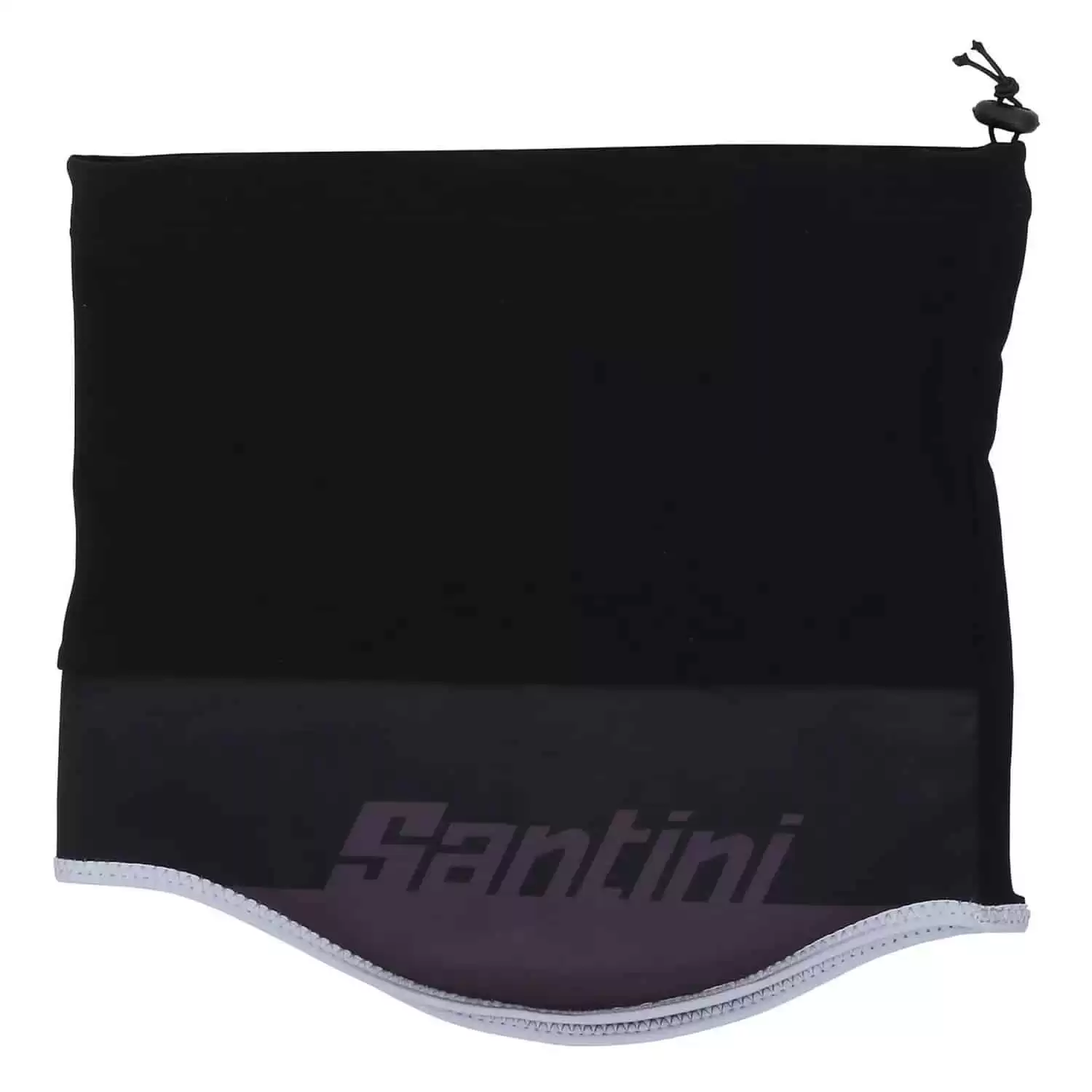
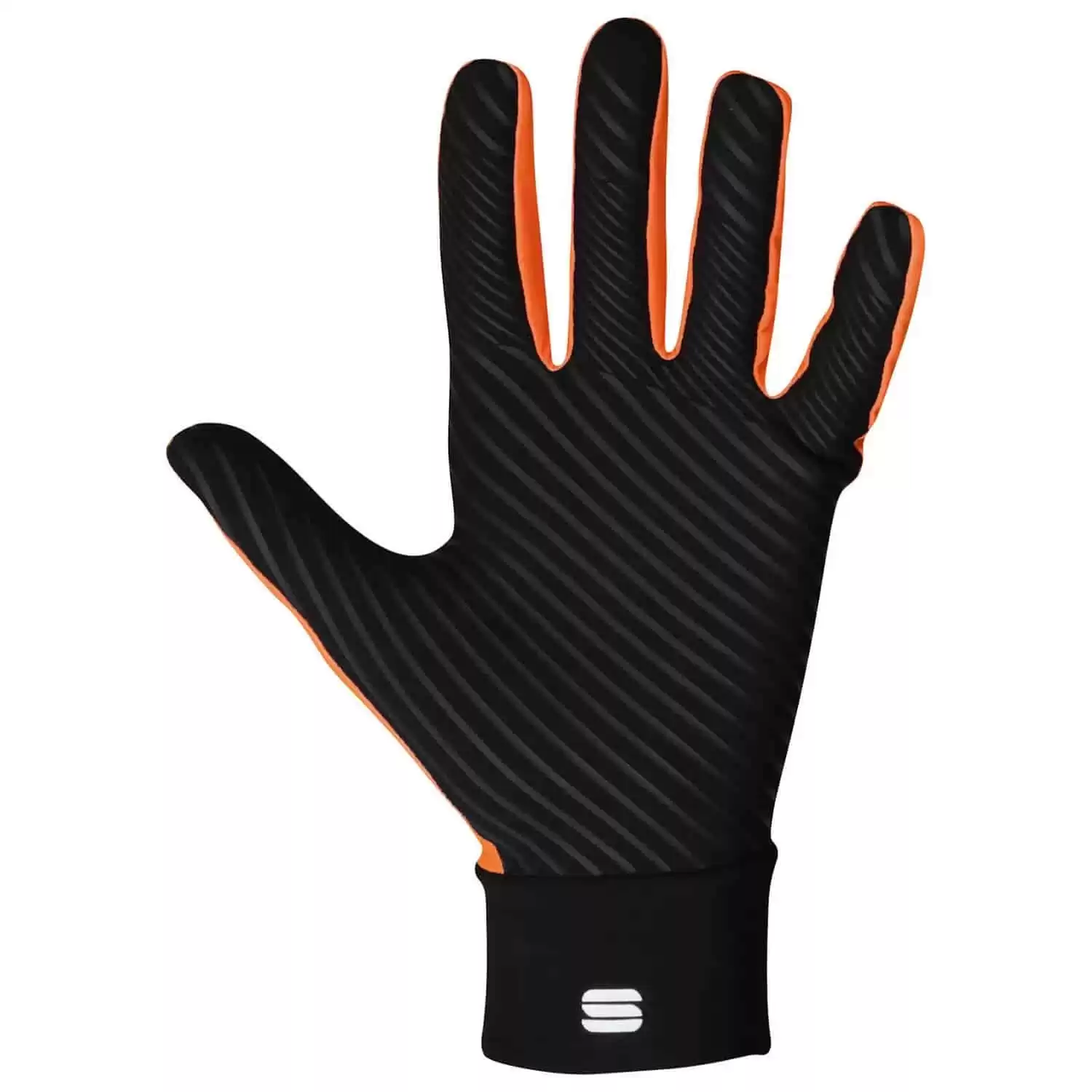
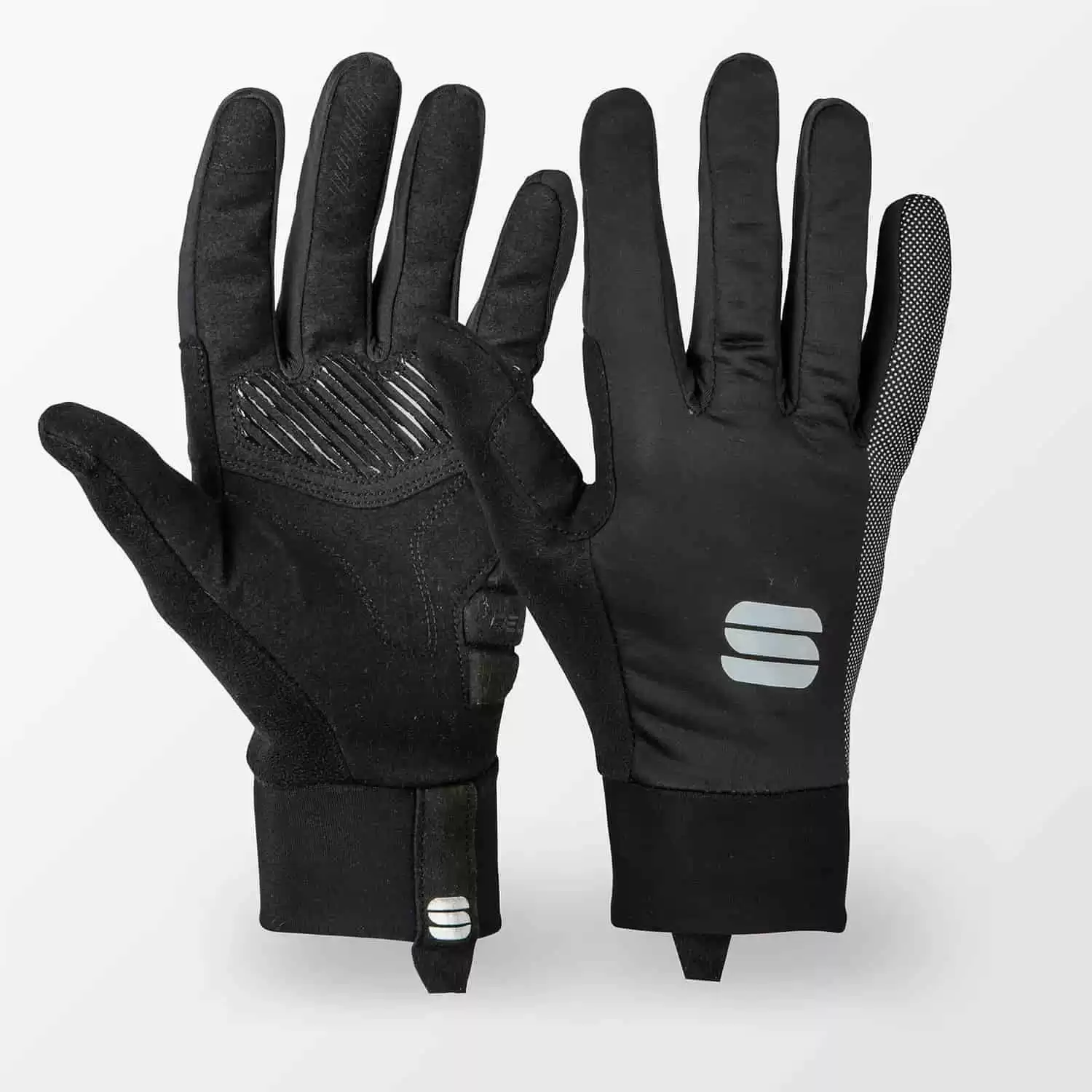
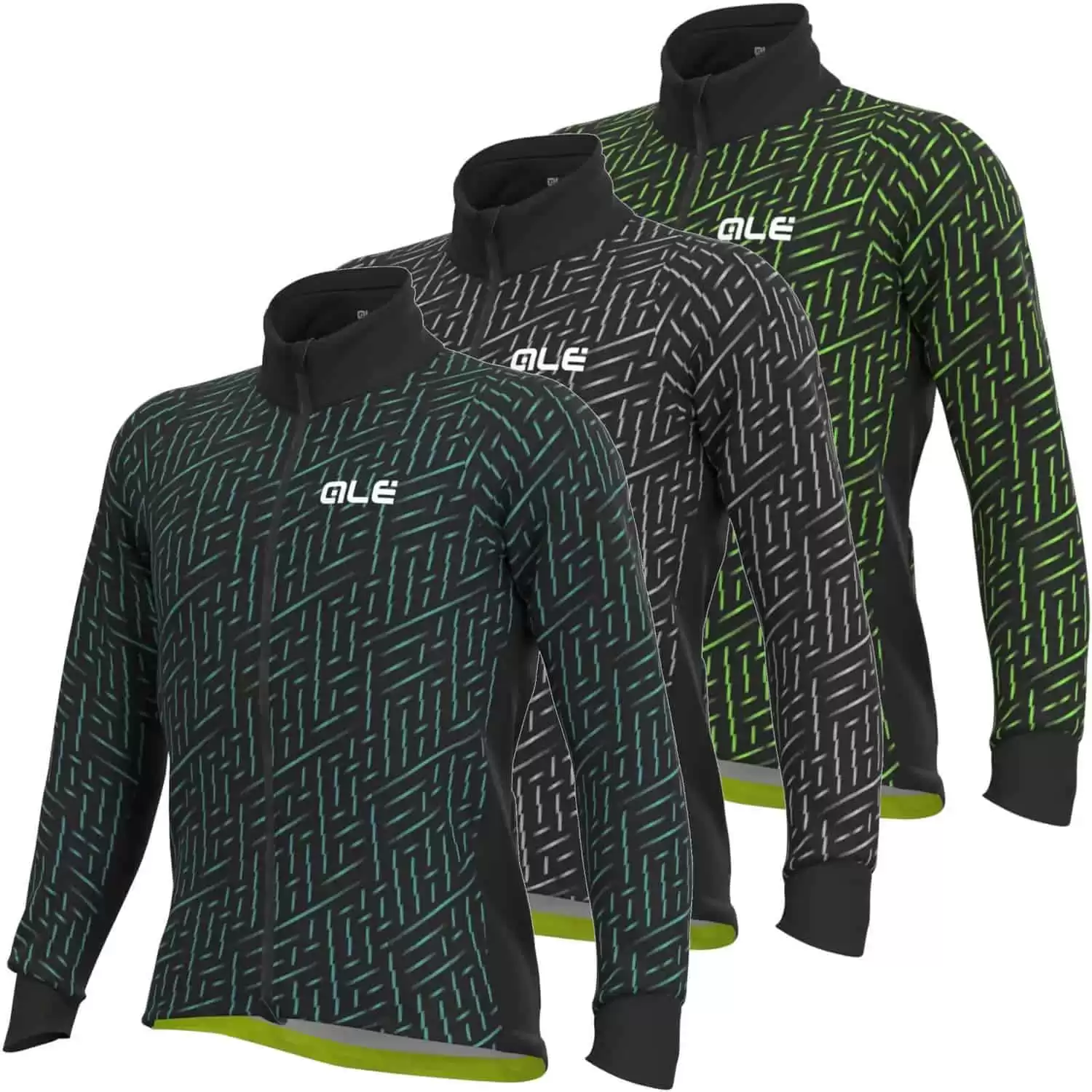
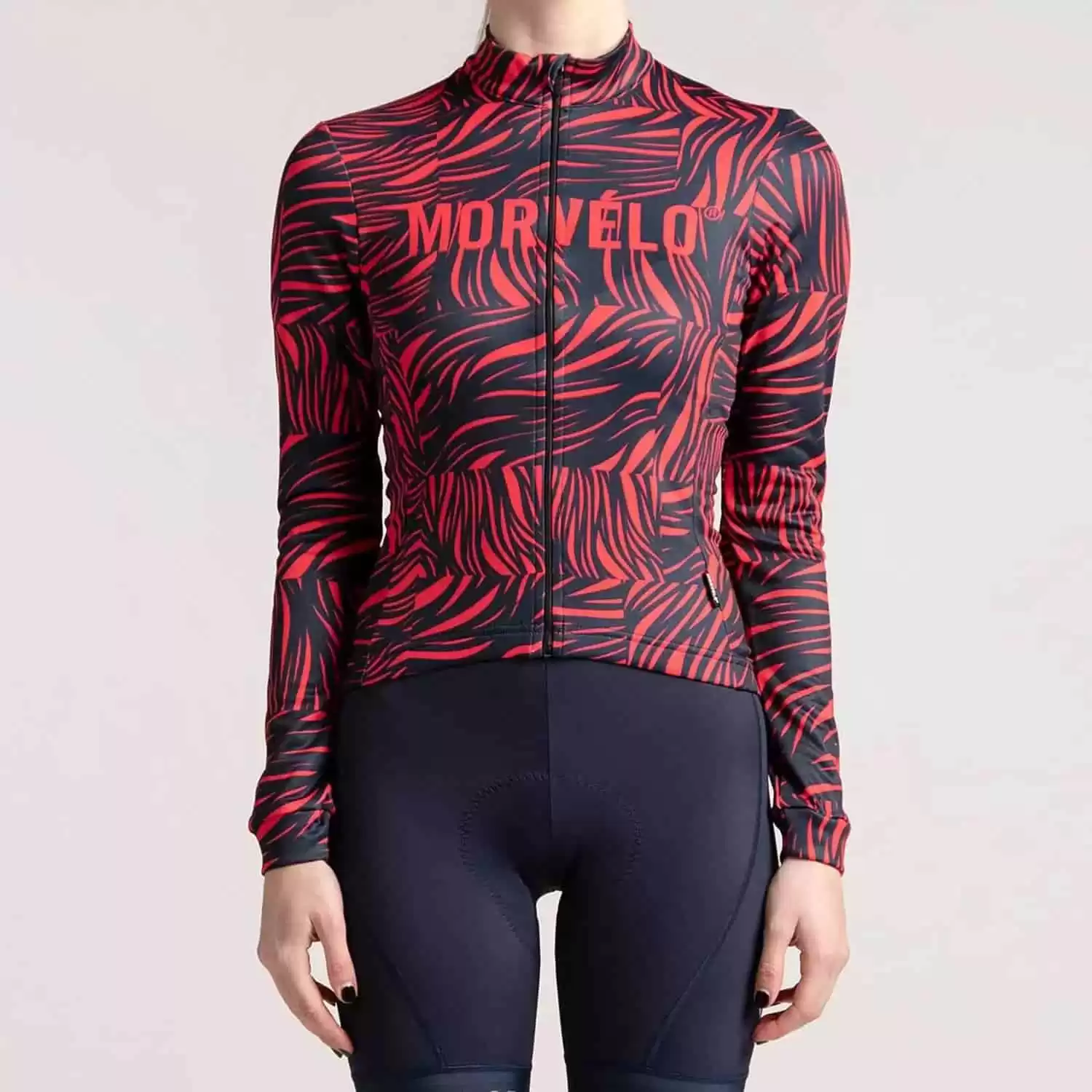
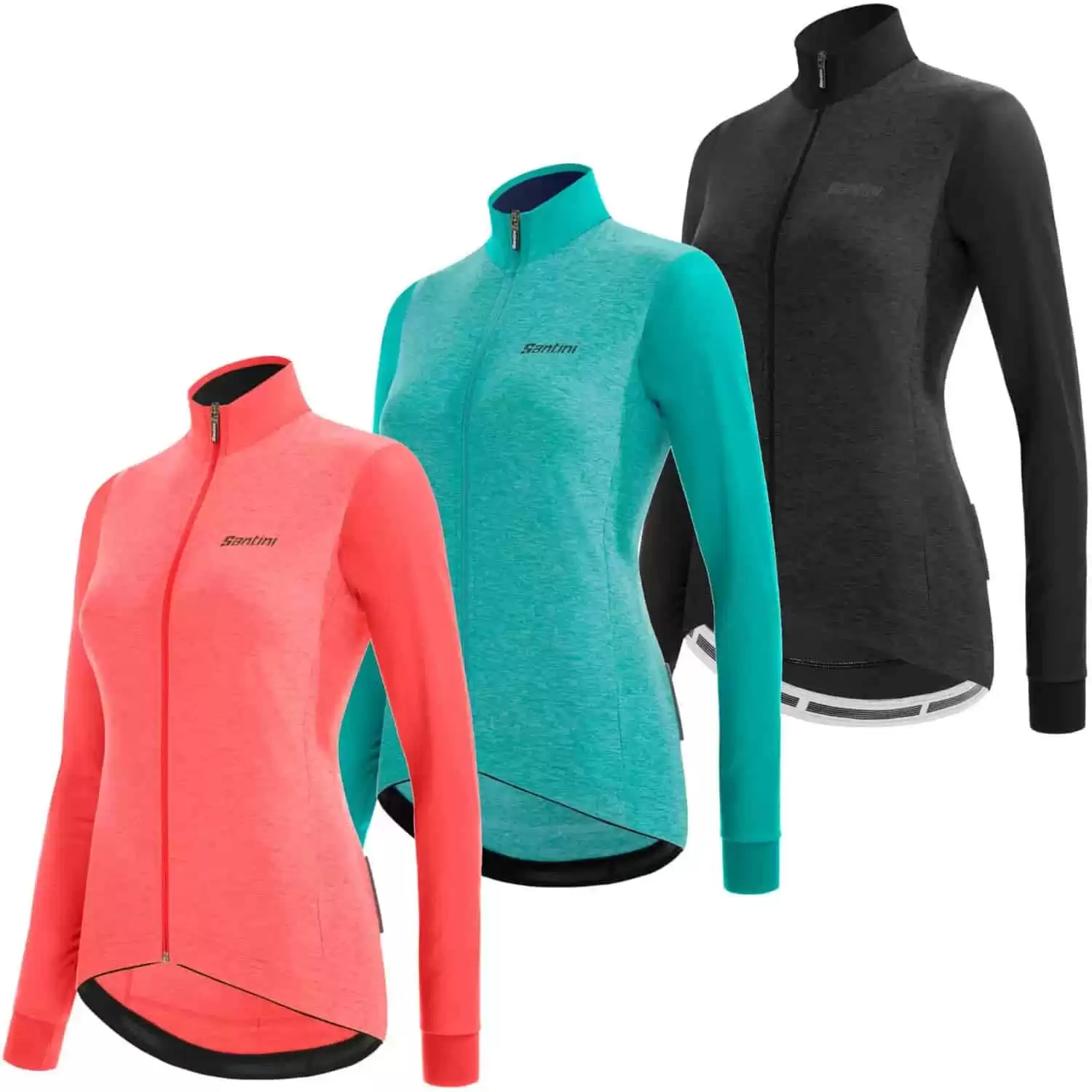
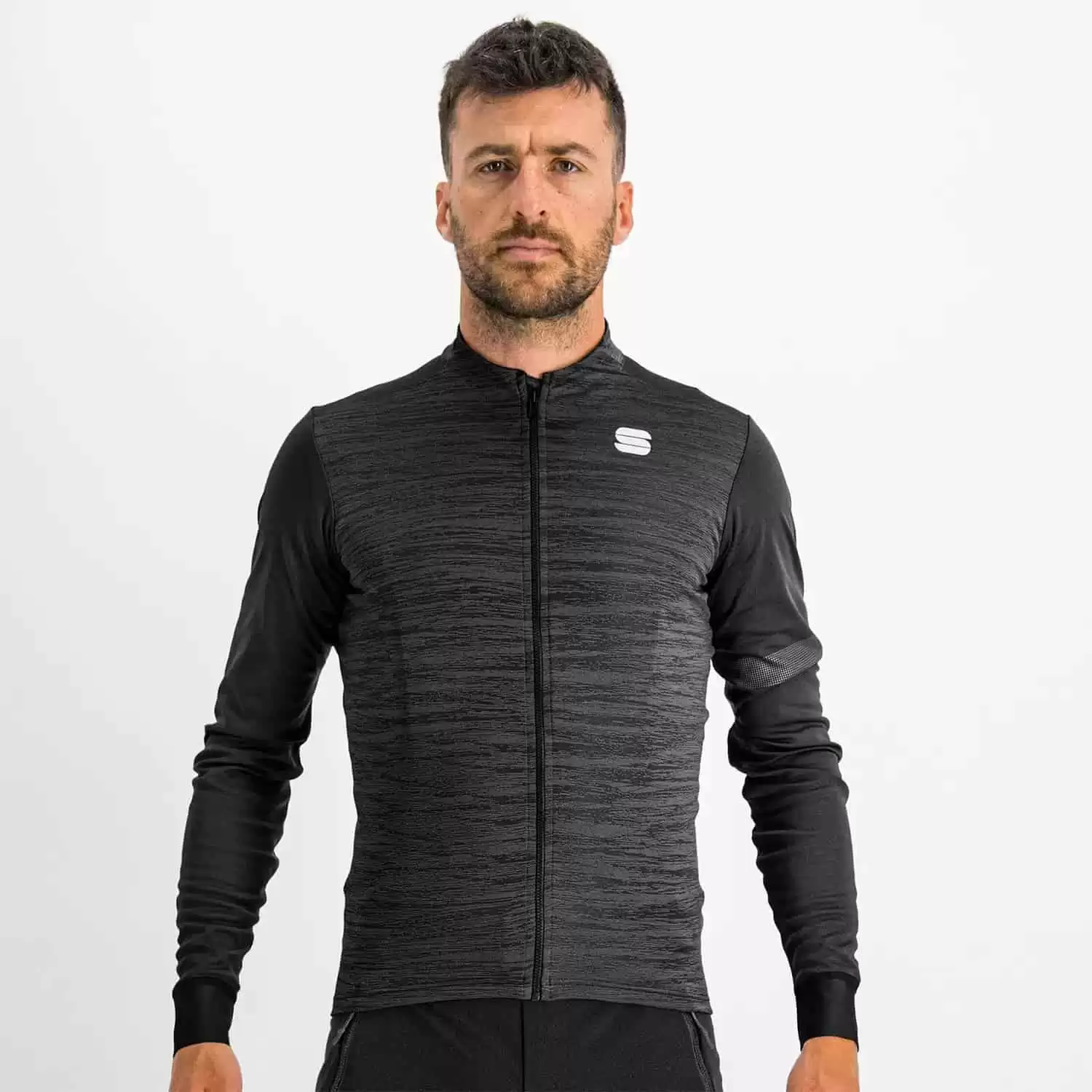
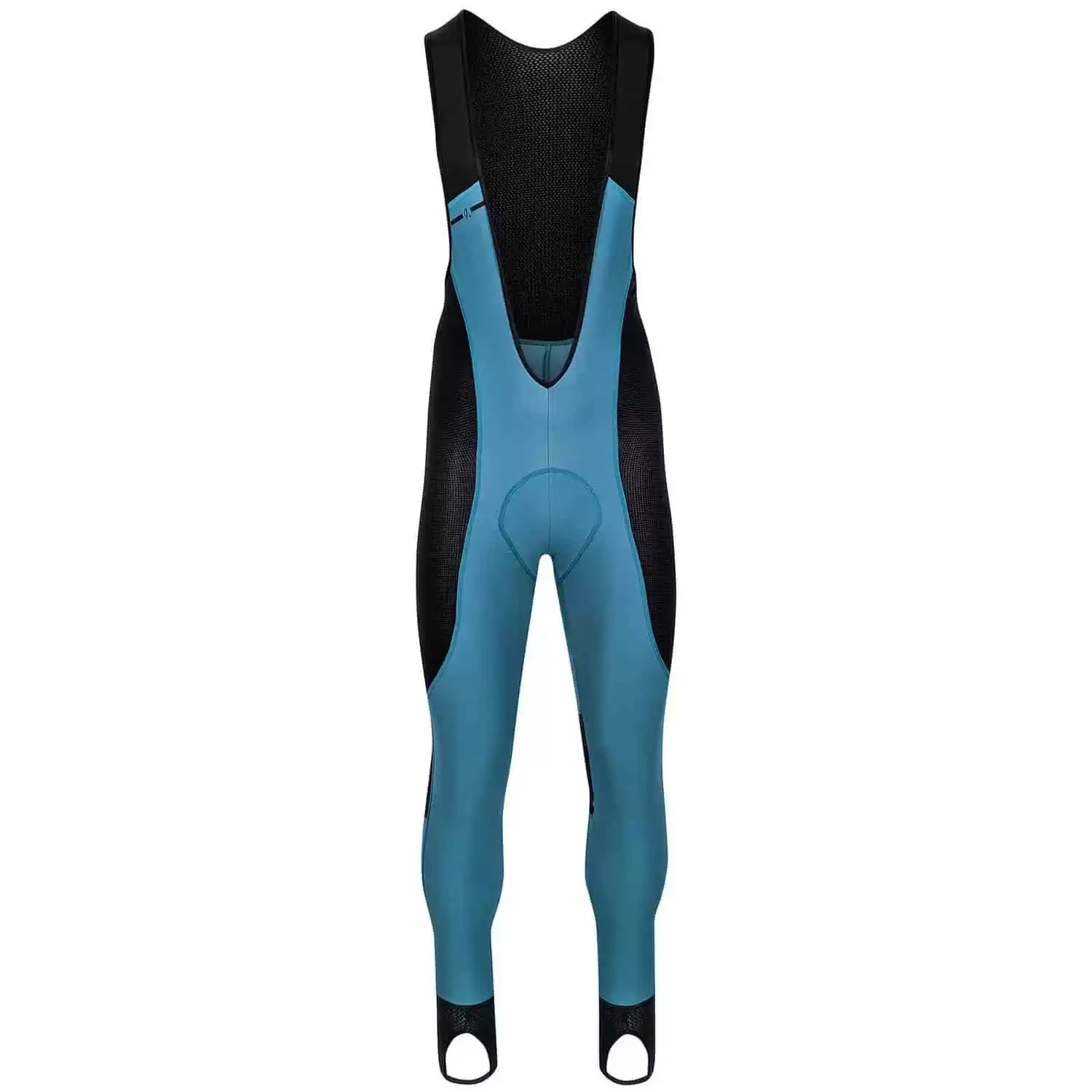
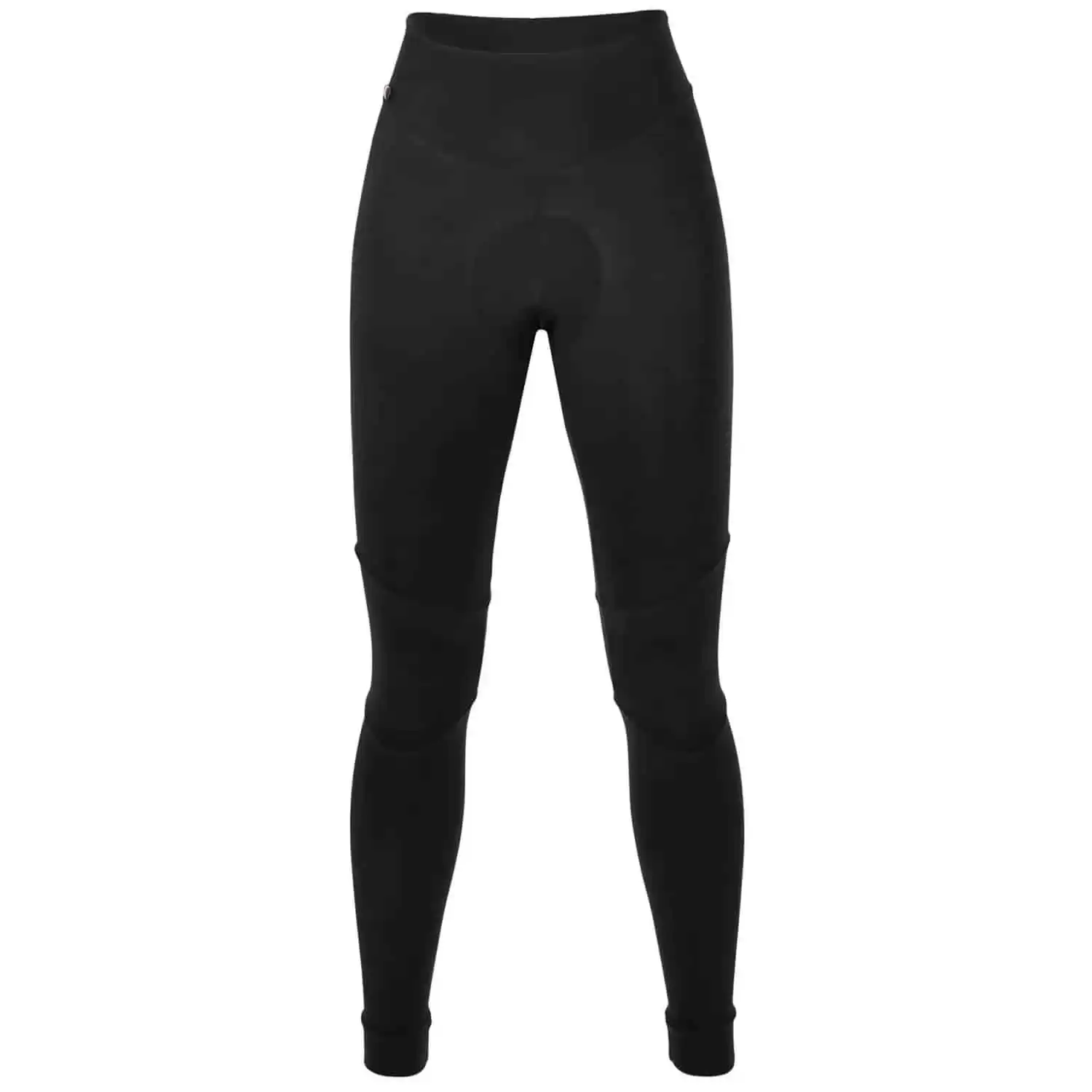
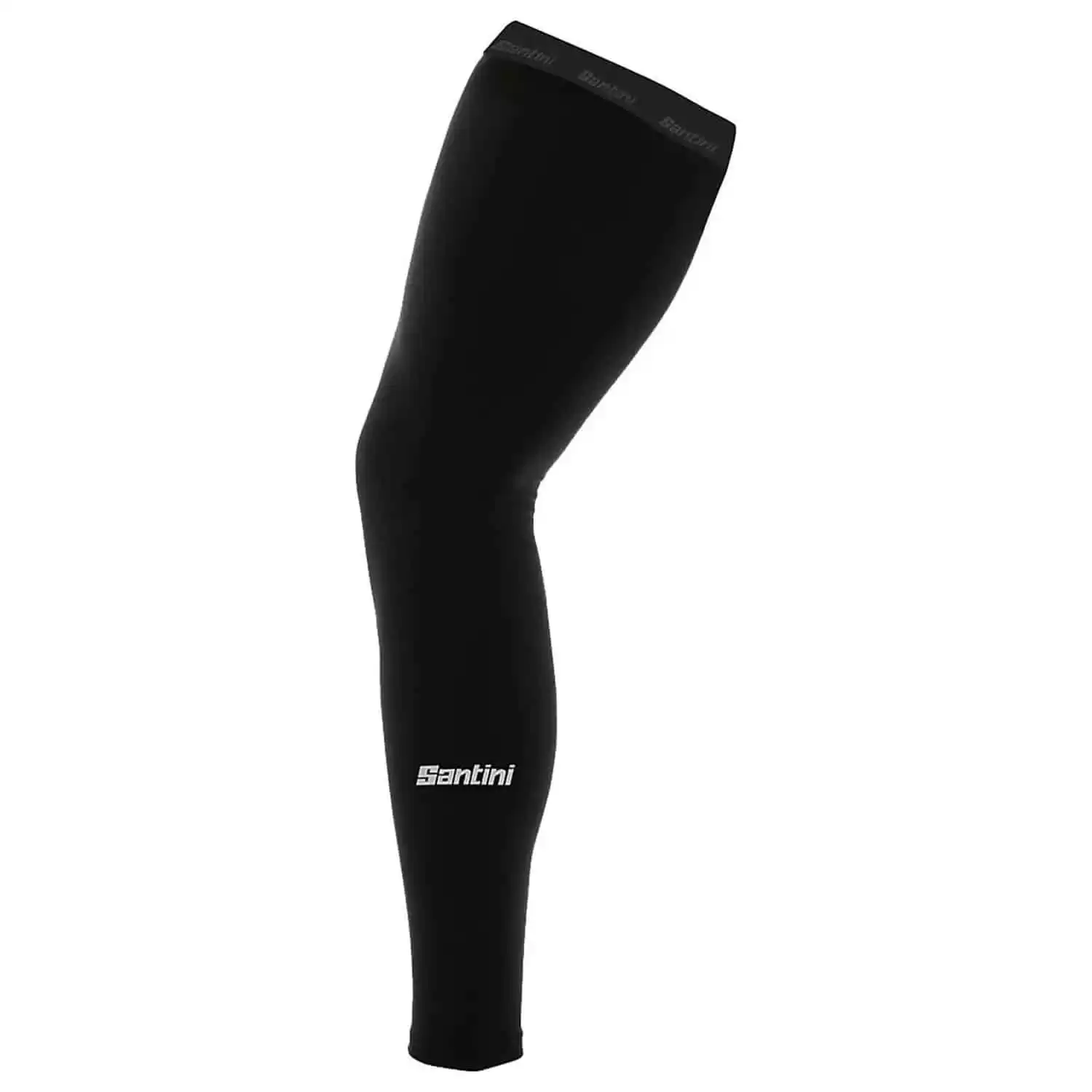

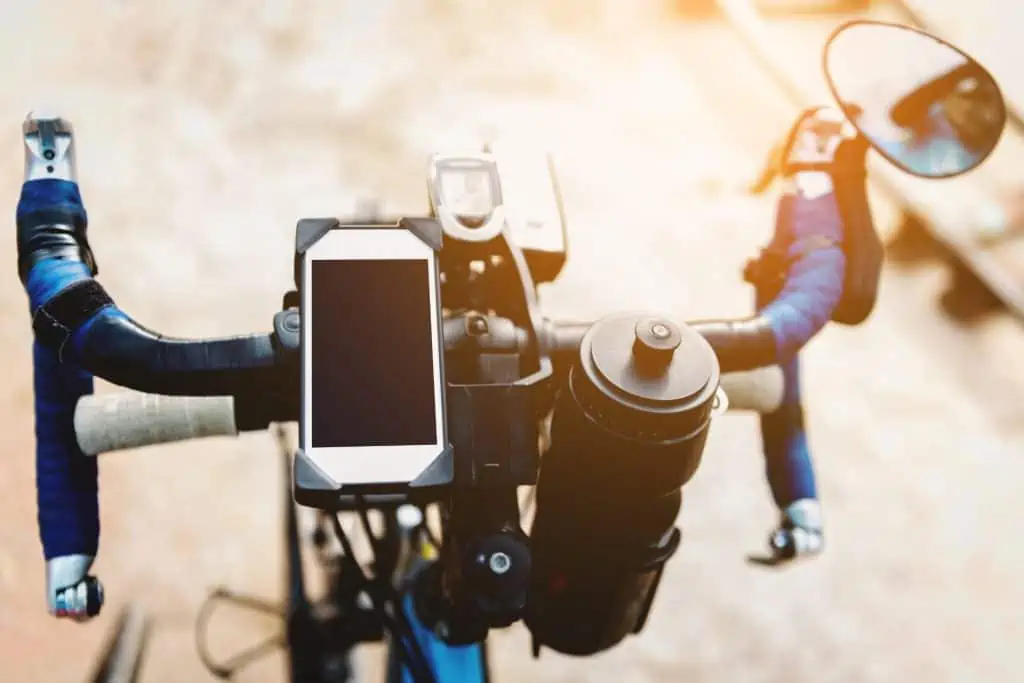

Pingback: Best Bike Lights to Keep You Visible and Safe While Cycling - inspiredcyclist